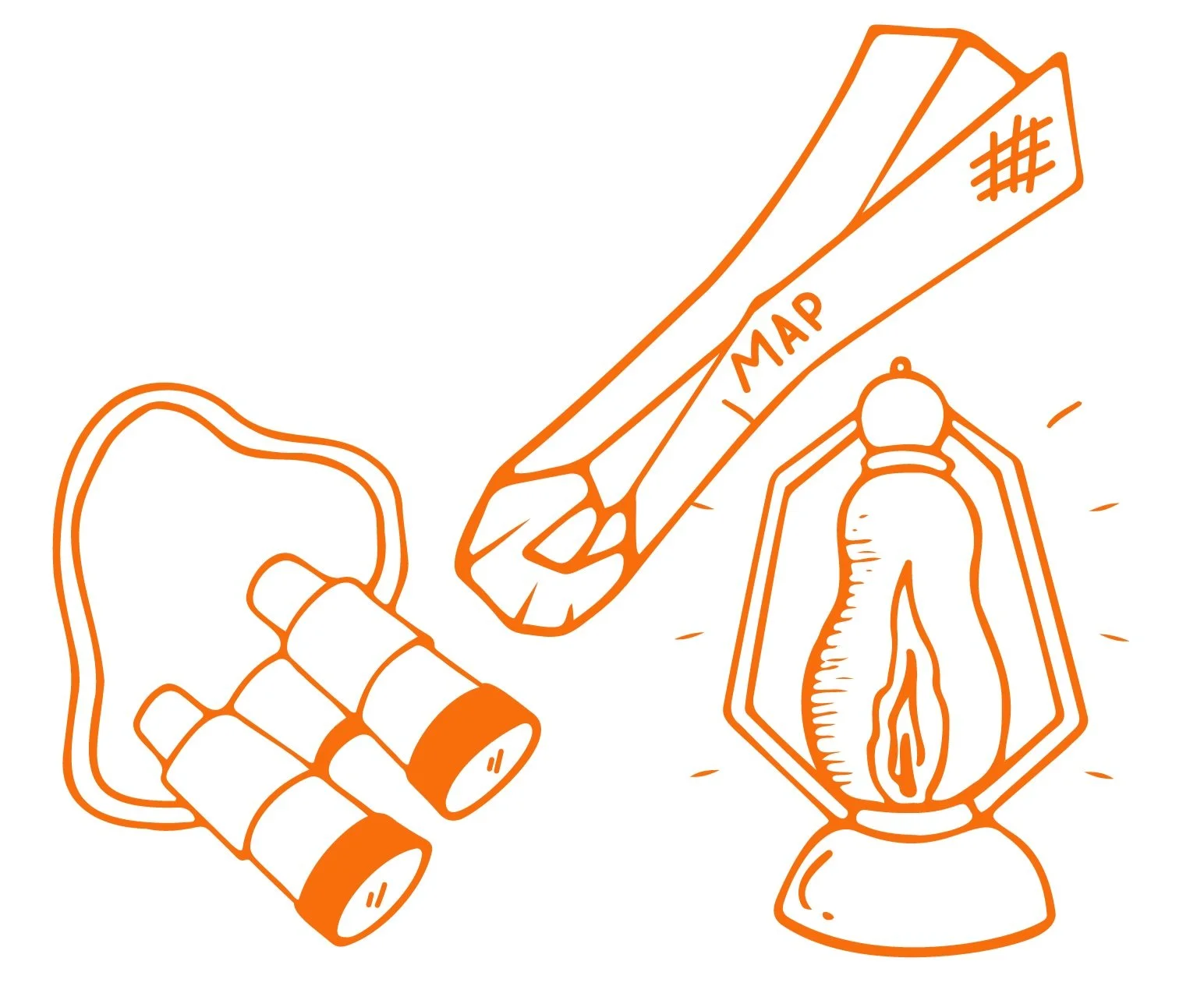Experiential Group Therapy Training
Currently there are endless cultural realities that make it ever more challenging for our clients to experience the connectedness and understanding they long for. In the name of healthy boundaries, affirming connections and getting needs met, we may inadvertently steer them away from the healthy risk-taking and challenges that support effective choice-making and deep relational satisfaction.
Interpersonal process oriented group therapy is an action oriented method that helps folx out of their reasoning and into the only space where real change is possible: the unknowable present moment. Relational group therapy requires fumbling into connection, stretching towards discomfort, paying attention to satisfaction and dissatisfaction. These are essential skills that support, not only individual well-being but the well-being of our collective.
This 3 day training will provide you with an immersive space to explore your gifts as a therapist. You’ll come away with more confidence in the uniqueness of your work along with a deeper understanding of the building blocks of a secure exploratory learning environment. Risk bringing your brilliance into the relational experiment that is group work and reap self of the therapist benefits. Contribute to an emergent process grounded in principles of relational neuroscience that you can apply with your clients no matter your chosen methodology.
Who’s this for?
Group therapists and aspiring group therapists. Relationally minded individual therapists or other clinicians who wish to deepen their knowledge of relational neuroscience to enhance their work with clients, group leaders, the group therapy curious and who is looking for an experiential learning environment can all benefit. This offering will provide a certificate documenting 18 continuing education hours (please consult with your licensing organization to ensure approval.) Psychologists, social workers, LPCs, LMFTs, pastoral counselors, teachers, healthcare professionals, body workers, folx who work with people in non-profit settings and anyone for whom relationships are central to your work are welcome.
Steps to sign up:
Set up an initial consultation by filling out this form.
We will meet to determine mutual fit. If this training is a good fit
Fees will be discussed (see my reparative fee structure) and I will send you a link to make a deposit
Make your final payment prior to the start of the training.
What’s the commitment and what do I get?
This offering is an opportunity to really nourish yourself, to settle into enriching, much needed community with fellow professionals. This offering will be provided at Nurturing the Heart in its matriarch, Bonnie Badenoch’s home. Trade in the powerpoint slides, folding chairs and hyper-professional expectations for a retreat like setting where you are invited to be your human self with other humans who care as much as you do about the work they do in the world. Enjoy the garden and immerse yourself in the expansive collection of sand tray figures, which support settling into a more right brain orientation to the life of emotions. Breakfast and nourishing lunch will be served.
Sessions will be grounded in an Interpersonal neurobiological approach integrating left brain didactic learning with right brain experiences.
Program Investment:
Please check out my reparative fee model with alternative payment totals available to support all who wish to, to be able to attend. Fees range from the “market” fee of $900 down to $350 for the three day training. To assess fit, register and pay, set up your 20 minute free consultation. Contact Nurturing the Heart training facilities for further information regarding accommodations for the differently abled.
-
Group therapy is uniquely powerful as a treatment methodology in that it places participants in a setting where real time relational practice and learning occur. The challenges of navigating peer to peer contact/intimacy, recognizing differences and appreciating connectedness support security building but can also turn on protective nervous system responses which may stymie their positive impact.
Through a combination of didactic and experiential methods, participants will differentiate right and left brain orientations in service to building a group therapy environment that supports the changes clients seek. This three day immersion into group process is grounded in Interpersonal Neurobiology and will provide clinicians perspectives they can apply in the therapy room, no matter their chosen methodology.
-
1. Discuss the importance of clarifying the group frame to support an exploratory learning environment.
2. Compare and contrast the attributes of a learning versus performance outcome focused frame.
3. List three features each of McGilchrist’s conceptualization of Left and Right Brain sensibilities.
4. Apply McGilChrist’s Hemispheric Map to identify right brain supportive group process interventions that create an exploratory learning environment.
5. Describe common left brain tendencies/habits/interventions that can shut down/derail exploration and engagement.


